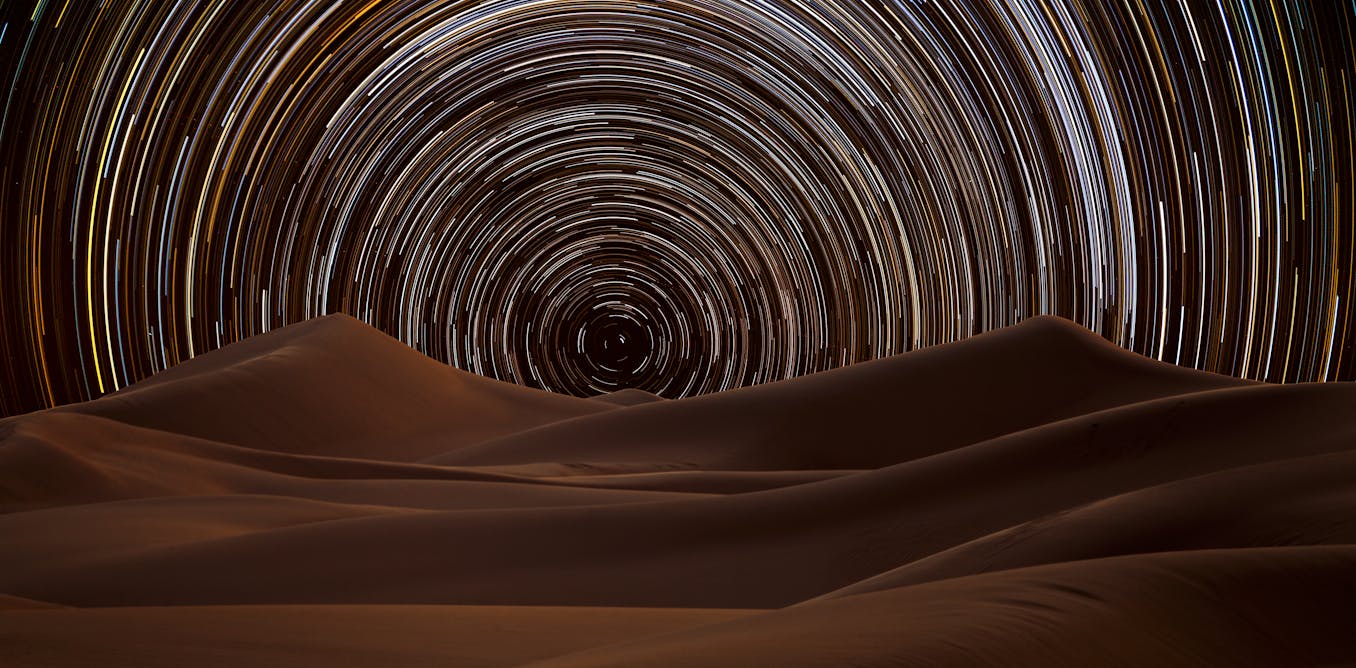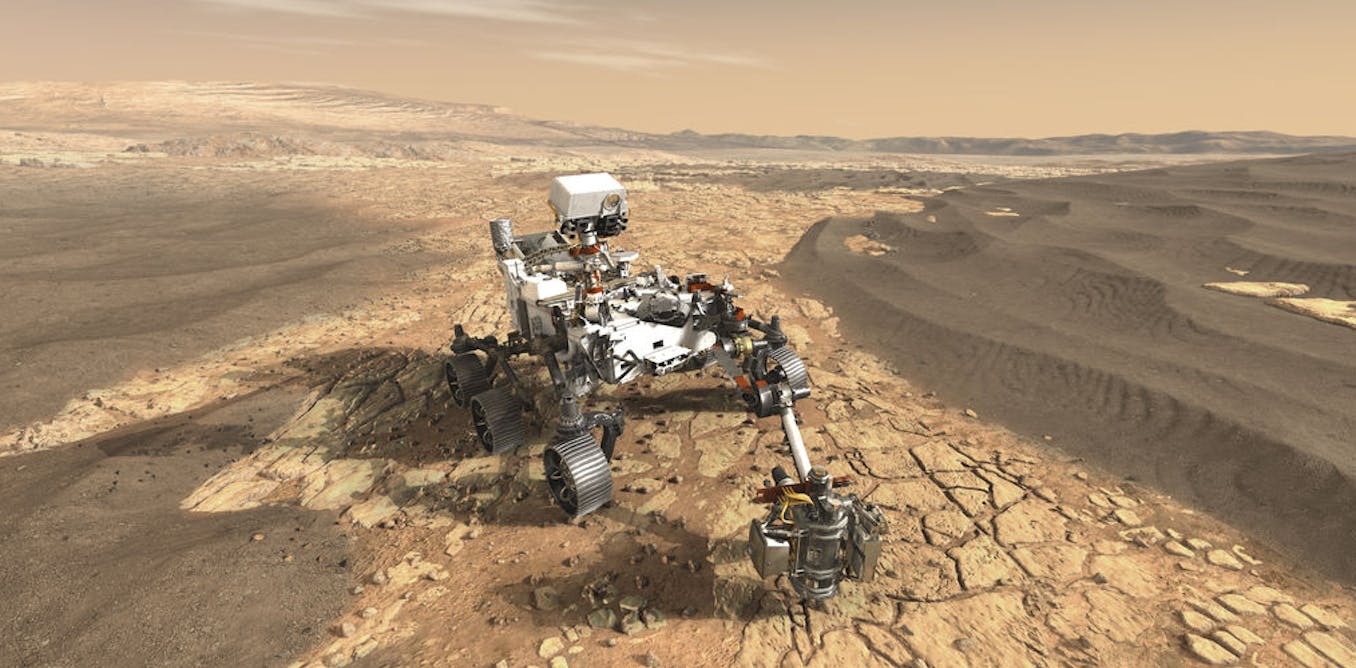Duckweed is an incredible, radiation-fighting astronaut food – and by changing how it is grown, we made it better
Duckweed is the perfect space food: small, fast-growing and nutritious. By studying how light levels changed the production of radiation-fighting antioxidants, researchers made it even better.
July 14, 2020 • ~6 min




